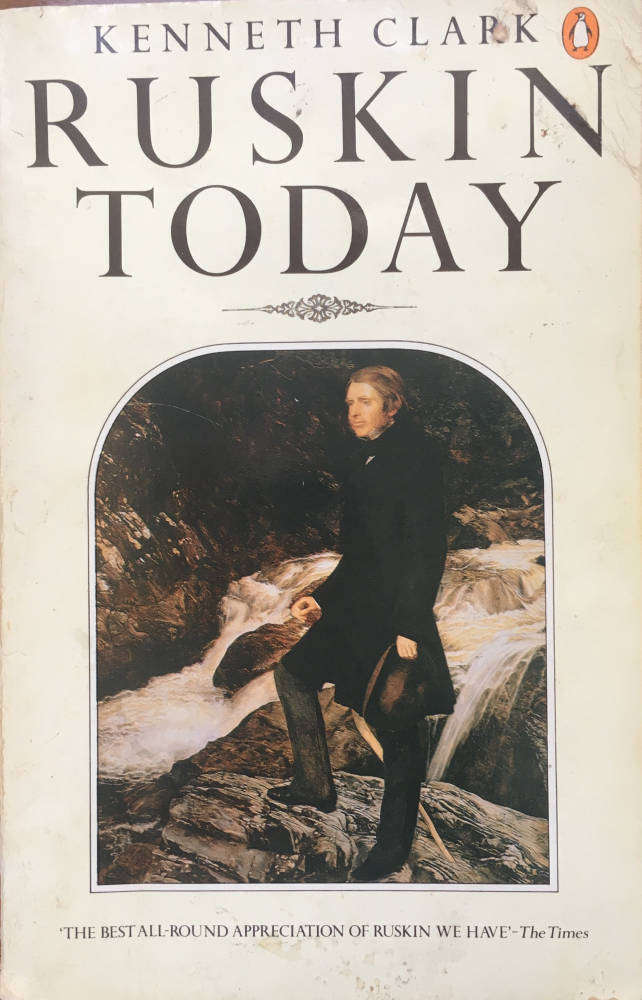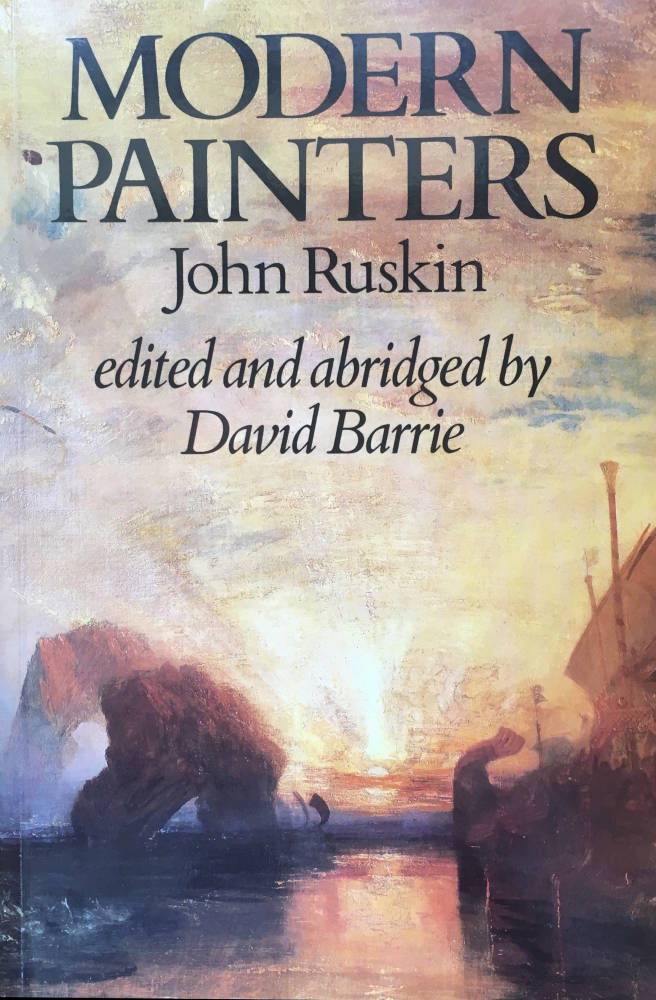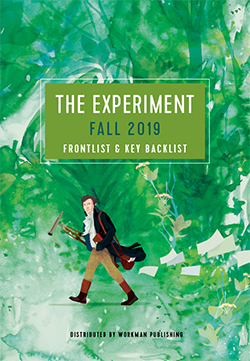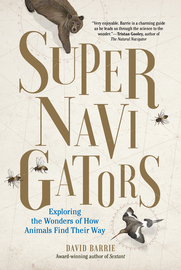

y first encounter with Ruskin occurred in 1984 - strangely enough, aboard a yacht sailing from Hong Kong to Manila. After a rough passage through the north-east trade wind belt, we were becalmed under an almost vertical sun in the middle of the China Sea. I was lying in my bunk when I reached into my bag for the one book I’d brought with me. It was Kenneth Clark’s anthology, Ruskin Today, in the Penguin edition. I had chosen it before leaving home (in London) because I had never read any Ruskin and wondered what he was like.
The heat was intense and I was very tired. So I was perhaps in an unusually receptive state of mind, but as I read Ruskin’s words I underwent a kind of revelation. Looking at the battered paperback now I can’t recall exactly which passages triggered such a powerful response, and no doubt the process was in reality a gradual one. But it seemed as if I had met for the first time someone who had answers to all the questions that really mattered. Of course the sheer eloquence of Ruskin’s writing swept me away. But what really fascinated me was the way in which he could connect all the different aspects of life - art, science, religion, morality, politics, economics and the rest. Yes, I could see that he was inconsistent and sometimes even a bit crazy, but by the time I finished the book I was enraptured - and could forgive anything.

When I returned home I went immediately to Hatchard’s - the grand old bookshop on Piccadilly - and asked for a copy of Modern Painters. I had foolishly assumed that the major works of such an eminent Victorian would still be available, perhaps in an Everyman edition. I was greeted with a blank look and then the ‘books in print’ volume was pulled out (the Internet had not yet arrived). No, Modern Painters was out of print, and so, it seemed, was almost everything else Ruskin had written. I was shocked and decided almost at once that I must do something to put this right.
I bought a second-hand edition of Modern Painters and immediately saw why it was unavailable: it was five volumes long. But I was not discouraged. I decided that the solution was to make a single-volume abridgement that would (I hoped) enable people to discover again just what a wonderful man Ruskin was. Not long afterwards - with the help of a brilliant agent - I had a contract to produce just such an edition for André Deutsch. Although I was then a diplomat working in the British Foreign Office, I managed to do the work in my spare time and the book duly appeared in 1987. It was a crash-course in Ruskin studies and I soon realised I needed my own copy of the Library Edition. During the editing process my poor wife’s patience was tested almost to destruction as I followed her around quoting long passages at her!



Happily my abridgement was well-received. I remember especially a generous review by Joe Links (a fellow Ruskin-devotee who had earlier abridged The Stones of Venice). It was the beginning of an engagement with Ruskin that profoundly altered my life, and introduced me to a host of wonderful people whom I would never otherwise have met. My move from government service into the world of the arts (where I spent the second part of my professional life) was in large measure due to my encounter with Ruskin.
In the mid-1990s I set up an informal coordinating group to help organise the celebrations to mark the centenary of Ruskin’s death - which came to be known as Ruskin To-Day. I handed over the chair three years ago and I am delighted that under Robert Hewison’s guidance it has overseen the remarkable series of events that are marking the bicentenary of Ruskin’s birth.
Last modified 29 June 2019